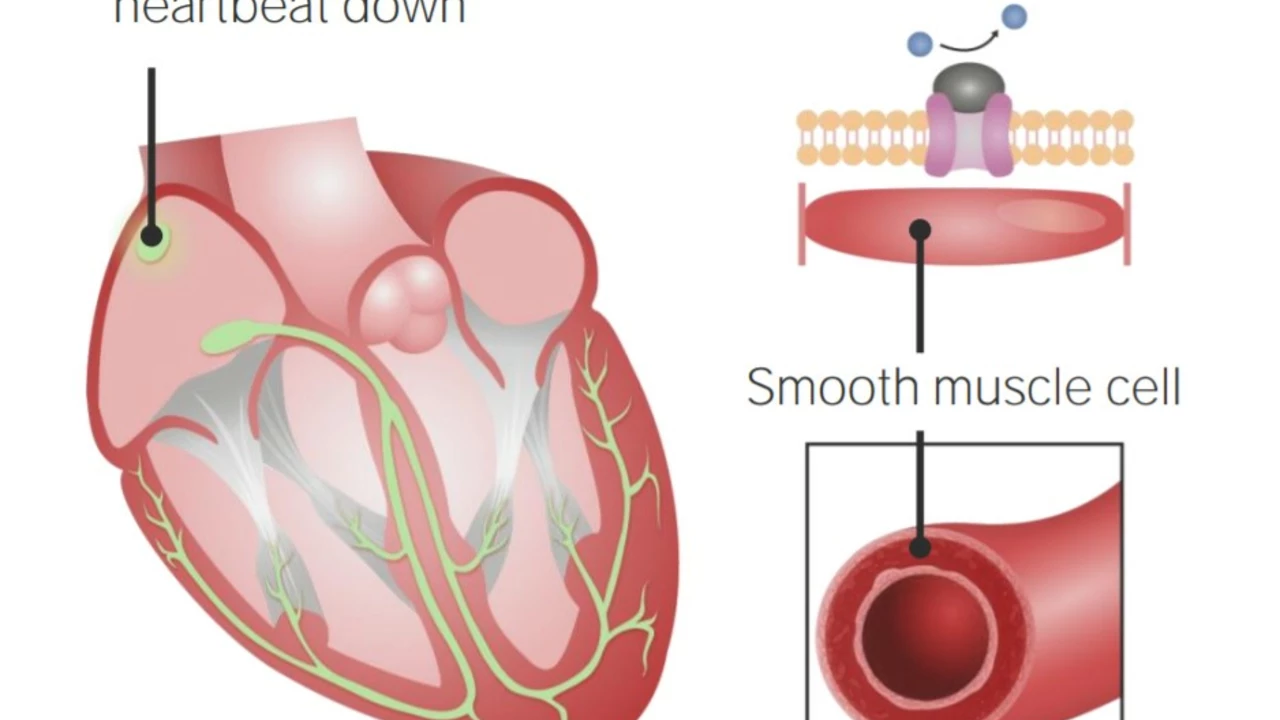Cardiovascular Treatment: What Works and What to Ask Your Doctor
Got high blood pressure or worried about heart health? You’re not alone. Managing cardiovascular disease is usually a mix of smart daily habits and the right medicines. This page gives clear, practical steps you can use when talking with your doctor, organizing meds, or ordering pillpacks online.
First, figure out what you’re treating. Is it high blood pressure, high cholesterol, heart rhythm problems, or heart failure? Each needs a different plan. Knowing the specific issue helps you ask the right questions: What goals should we aim for? Which side effects matter most? Can I take this with my other meds?
Common medicines and how they help
Here are the drug groups you’ll hear about most and what they do in simple terms:
Antihypertensives – These lower blood pressure. Doctors commonly use ACE inhibitors, ARBs (like olmesartan), calcium channel blockers, beta‑blockers, and diuretics. Note: ARBs such as olmesartan are generally avoided in pregnancy. Always tell your provider if you might be pregnant or planning to be.
Statins – These cut cholesterol and lower your risk of heart attack and stroke. They’re the go‑to for people with high LDL or previous heart disease.
Anticoagulants and antiplatelets – Used when blood clots are a risk, like with atrial fibrillation or after some stent procedures. These reduce stroke risk but raise bleeding risk, so your doctor will balance the benefits and harms.
Heart failure meds – A mix of drugs (ACE inhibitors/ARBs, beta‑blockers, diuretics, and newer meds) that help the heart pump better and keep fluid off your lungs and legs.
Practical tips for everyday control
Start with small, lasting changes. Drop 5–10% of body weight if you’re overweight, cut down on processed salt, and move more—three 30‑minute walks a week makes a real difference. Swap sugary drinks for water and aim for more vegetables.
Track your numbers. Home blood pressure checks and keeping a log helps your doctor make smart choices. If a medicine causes dizziness, cough, or muscle pain, tell your provider—often a switch to another class fixes it.
Mixing medicines? Be careful. Antidepressants, ED meds, and some supplements can affect heart drugs. Always list everything you take, including over‑the‑counter items.
Ordering meds online? Use trusted sources and keep prescriptions current. Our site helps with pillpacks, but don’t skip follow‑up visits. Meds work best under a doctor’s guidance.
Want to personalize treatment? Ask about side‑effect tradeoffs, how a med fits your life, and monitoring plans. Good treatment is teamwork: you, your clinician, and steady habits. If something feels off, call your provider—don’t wait.





